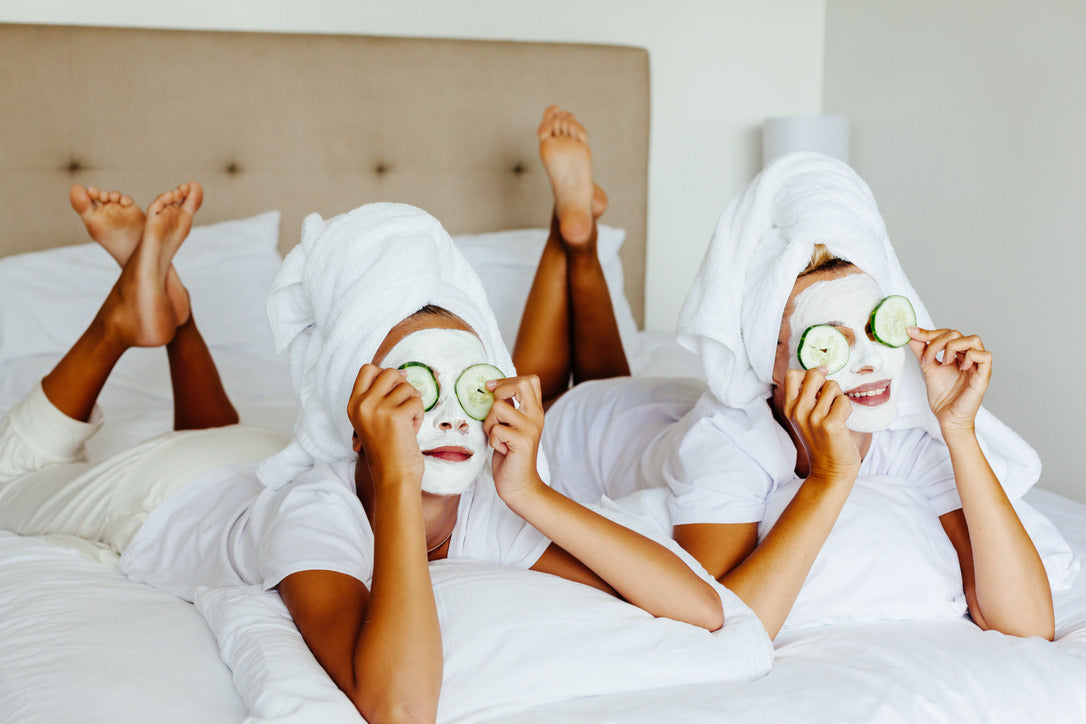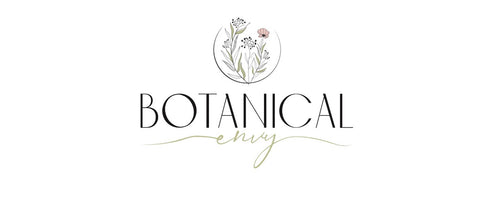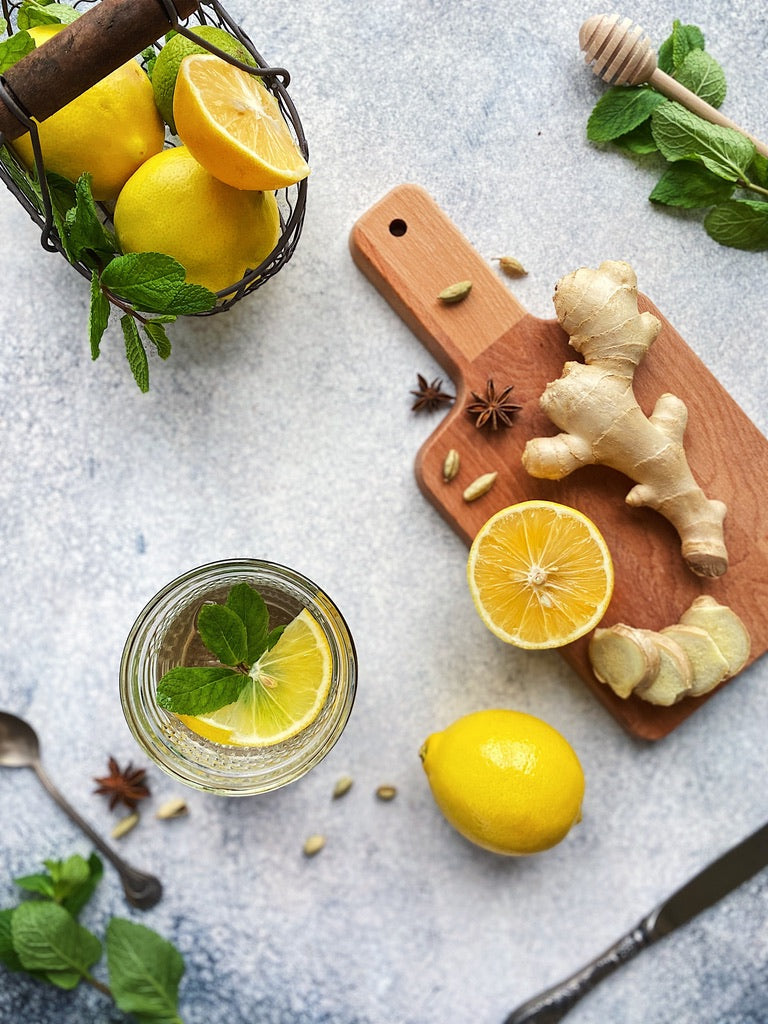8 toxic ingredients to avoid in your skincare products

You wouldn’t eat something you knew contained harmful chemicals, so why would you take the risk of putting it on your skin?
The skin is designed to be a barrier which prevents toxins from entering our bodies. Most of the time it does its job extremely well. However, up to 60% of ingredients which you put on your skin still manage to get through. Applying chemical products directly to the skin increases the risk of them finding their way into the bloodstream, from where they can penetrate our vital organs.
Toxins to avoid
It can often be confusing to know what to avoid. In general, it is best to avoid any ingredient which can harm the environment or cause harm to your health. The below ingredients have been proven toxic.
1. Sodium Laureth Sulfate (SLES) / Sodium Lauryl Sulfate (SLS) and other sulfate-based detergents:
Used in cosmetics as a detergent to make products bubble and foam. It is commonly found in shampoos, shower gels and facial cleansers. It is also found in household cleaning products, like dish soap, floor cleaners and engine degreasers. According to the Environmental Working Group’s Skin Deep Cosmetic Safety Database, SLS is a “moderate hazard” that has been linked to cancer, neurotoxicity, organ toxicity, skin irritation and endocrine disruption.
2. Propylene glycol, polyethylene glycol and various ingredients formulated with PEGs and PGs:
PEG’s are widely used in cosmetics as thickeners, solvents, softeners, and moisture-carriers which allows both good and bad ingredients to be absorbed faster into the skin. If used on broken or damaged skin, it can cause irritation and system toxicity. Depending on manufacturing processes, PEGs may be contaminated with measurable amounts of ethylene oxide known human carcinogen.
3. Parabens (methyl, butyl, ethyl, propyl):
Parabens are a whole family of chemicals (methylparabens, propylparabens, butylparabens, and ethylparabens) that help preserve shelf-life of products. They can be found in nearly every product from face wash, night cream, makeup, body wash and shampoo. Parabens can mimic oestrogen in the body disrupting our delicate hormonal balance. In 2004, a small study found traces of parabens in breast cancer tissue.
4. Phthalates (DBP, DEP, DEHP, and DMP):
Phthalates are most often used to create fragrances in cosmetic products. They are known endocrine disruptors and linked to asthma, attention-deficit hyperactivity disorder, breast cancer and obesity.
5. Benzyl Peroxide:
This is predominantly used in acne products by causing the skin to dry and peel and can cause a rare but serious allergic reaction or severe skin irritation.
6. DEA (Diethanolamine), MEA (Monoethanolamine) and TEA (Triethanolamine):
This foam booster in laboratory experiments, has been shown to cause liver cancers and precancerous changes in skin and thyroid. Mainly found in soaps, cleansers, and shampoos.
7. Fragrance:
Used in nearly 50% of beauty products, it actually has a lot of unknown toxic chemicals that can be harmful to you. “Fragrance” is considered a trade secret which means that companies don’t have to disclose what ingredients are inside. These harmful ingredients can irritate skin, have toxic hormonal effects, and may even cause cancer.
8. Formaldehyde:
Formaldehyde is a colourless, flammable gas often used in the production of building materials, medicine among other products. Often used in cosmetics as a disinfectant and preservative. Formaldehyde is linked to skin, eye and lung irritant and cancer.
Embrace a toxin free beauty regime – organic v chemicals
Better for your skin: Organic ingredients meet the same standards as organic food. This means no harsh chemicals, pesticides, or fertilisers are used. When you buy products that contain organic ingredients, you are using ingredients that work in harmony with your body, allowing your skin to balance itself.
Better for the environment: Since there are no harsh chemicals in these products, there is significantly less waste and toxins going back into the earth. When you choose organic beauty products you are not only doing wonders for your health, but also making a positive impact on our environment.
Cruelty-free: Skincare products are often tested on animals, even if the overall products themselves aren’t tested on animals, some of the ingredients they contain might have been. The Australian government has banned animal testing for cosmetic products in 2019. However, the ban will only apply to new products, not those which are already available on the market.



